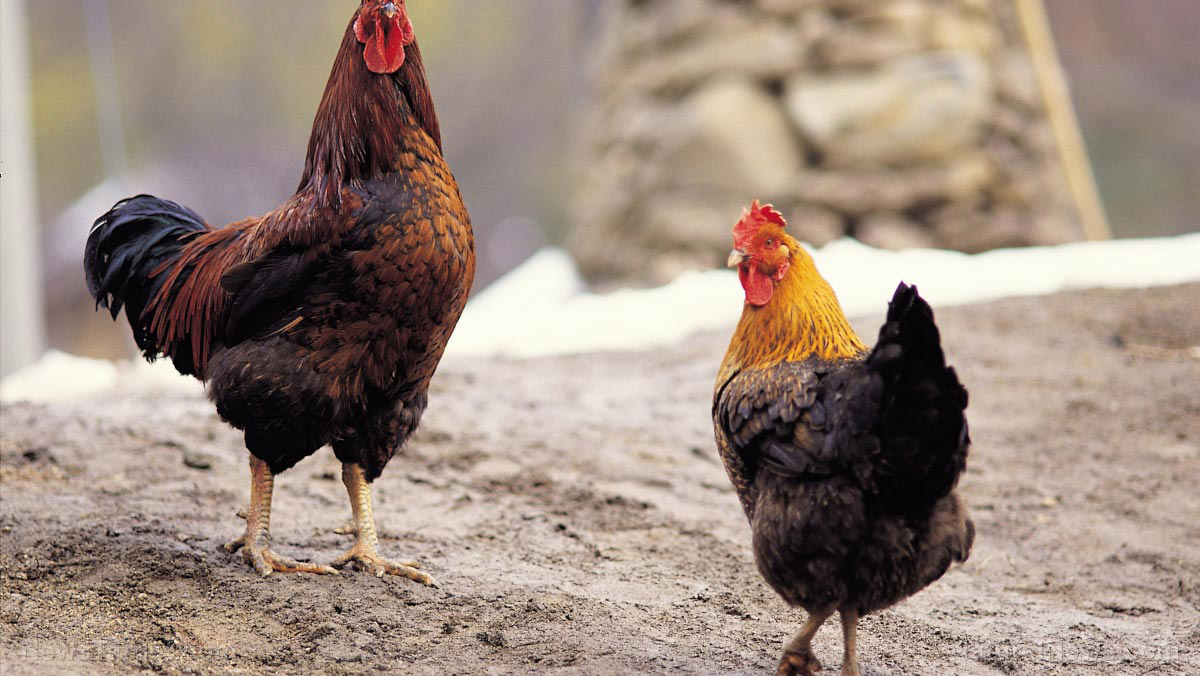
But odd as it seems, recent research finds that this habit might not be as pointless as others thought. In a major breakthrough, Italian researcher Umberto Castiello from the University of Padua gathered together a selection of studies supporting the idea that plants can sense, feel, think and even communicate among themselves.
Castiello said he hopes to fuel a discussion regarding the cognitive abilities of plants, such as those often observed in humans and animals. Discussions on plants as cognitive agents could help lead scientists to the “roots” of cognition, he added. His findings appeared online in the Journal of Comparative Psychology.
Plants are capable of thought and communication
Recent evidence for plant learning continues to accumulate. In one experiment that Castiello found, scientists demonstrated that Venus flytraps conserved their energy by “counting” time and “remembering” triggers.
In particular, scientists noticed that the plant closed its trap closure if an insect triggered its hairs twice within 20 seconds, no more and no less. This demonstrates that the plant is capable of both counting time in the conventional sense and keeping track of triggers.
The scientists speculated that the plant might be relying on these key factors so that it doesn't risk losing energy by mistaking raindrops or debris for prey.
In another experiment, scientists demonstrated that the Mimosa pudica plant is capable of remembering, too. M. pudica is a creeping plant that droops and closes its leaves in response to touch and other external stimuli.
For the experiment, scientists dropped the plant from a six-inch height 60 times in succession. During the first couple of drops, the plant kept folding its leaves in response to the stimulus. But near the end of the experiment, the plant stopped folding its leaves.
Castiello noted that the plant could have “realized” or understood that being dropped from that height caused no real damage.
He added that the plant's “learned” reflex lasted up to a month, thus demonstrating the expression of a long-lasting memory, a cognitive ability thought to be unique to humans and animals only.
Furthermore, a third experiment found that shrubs can “recognize” their kin. Scientists came to this conclusion after they noticed that shrubs released more chemicals that deterred predators if planted near their relatives.
This inter-plant communication also came into play during times of scarcity. In particular, plants experiencing a lack of water communicated this to their neighboring plants through their roots. This then prompted those plants to start conserving their water stores. In effect, this kind of communication benefits all plants, since those with more water could share or ration it to those in need.
Sophisticated plant behavior could indicate cognitive competence
Plants might not have a brain, but these selected experiments prove that plants are capable of “learning,” just as much as humans or animals.
Plant responses are still too complex to be fully understood, said Castiello. For this reason, the idea that plants could be cognitive agents, or living things capable of thought and other cognitive abilities, might be baffling to both the public and experts alike.
But as evidence of sophisticated plant behavior continues to expand, the idea that plants are capable of various cognitive abilities and, as such, could be considered cognitive agents might not seem as far-fetched as earlier plant studies made them out to be. (Related: Trees talk to each other – science explains how.)
Read more articles about plants and inter-plant communication at Environ.news.
Sources include:
Please contact us for more information.























